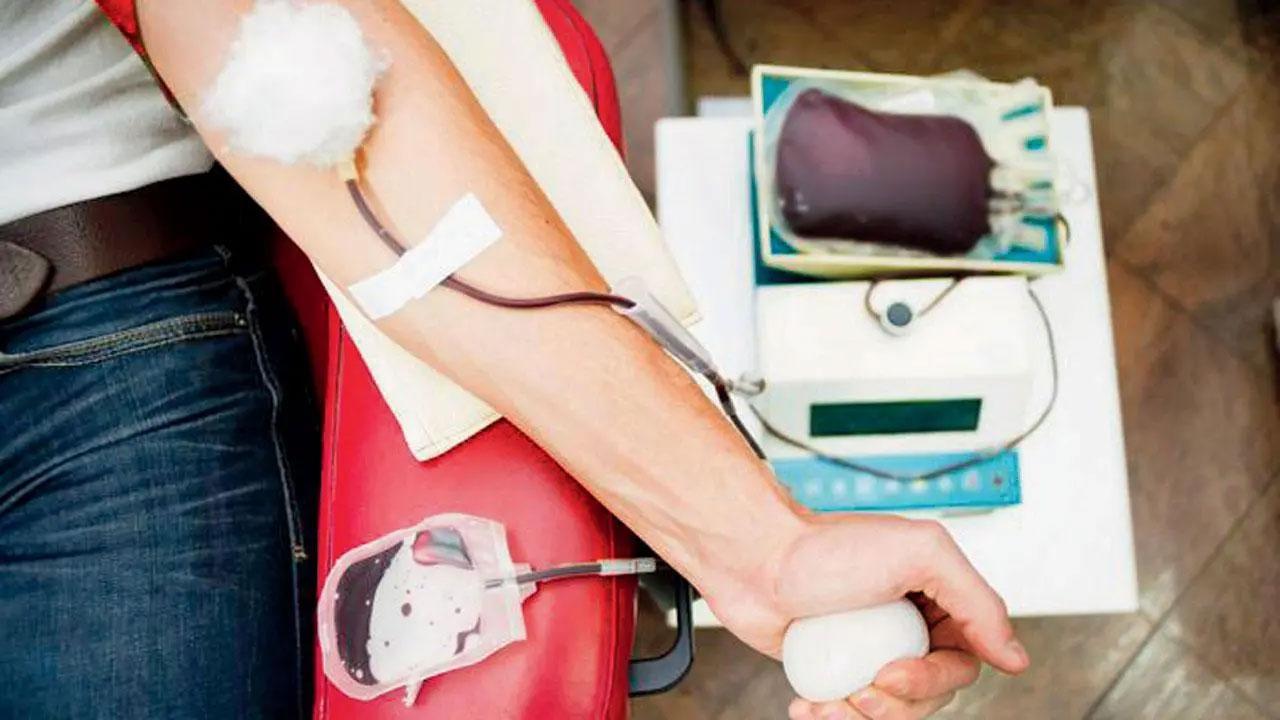Researchers suggest that preventive strategies, such as giving high-risk patients medication to lower blood pressure, could help reduce cases of serious clots

Representative Image
Covid-19 infection increases the risk of potentially life-threatening blood clots for at least 49 weeks or almost a year, even in those who do not get hospitalised, researchers have warned. The findings suggest that the pandemic may have led to an additional 10,500 cases of heart attacks, strokes, and other blood clot complications such as deep vein thrombosis in England and Wales in the UK in 2020 alone, although the excess risk to individuals remains small and reduces over time.
ADVERTISEMENT
The research - involving a large team of researchers led by the Universities of Bristol, Cambridge, and Edinburgh, and Swansea University - shows that people with only mild or moderate disease were also affected. The authors suggest that preventive strategies, such as giving high-risk patients medication to lower blood pressure, could help reduce cases of serious clots, according to the study of health records of 48 million unvaccinated adults from the first wave of the pandemic published in the journal Circulation.
"We are reassured that the risk drops quite quickly -- particularly for heart attacks and strokes -- but the finding that it remains elevated for some time highlights the longer-term effects of Covid-19 that we are only beginning to understand," said Jonathan Sterne, Professor of Medical Statistics and Epidemiology at the University of Bristol, who co-led the study. In the first week after a Covid-19 diagnosis, people were 21 times more likely to have a heart attack or stroke, conditions which are mainly caused by blood clots blocking arteries.
This dropped to 3.9 times more likely after 4 weeks. The researchers also studied conditions caused by blood clots in the veins: these include deep vein thrombosis and pulmonary embolism - a clot in the lungs that can be fatal. The risk of blood clots in the veins was 33 times greater in the first week after a Covid-19 diagnosis. This dropped to eight times higher risk after four weeks.
Most previous research studied the impact of Covid on blood clotting in people hospitalised. The new study shows that there was also an effect on people whose Covid did not lead to hospitalisation, although their excess risk was not as great as for those who had severe disease and were hospitalised.
"We have shown that even people who were not hospitalised faced a higher risk of blood clots in the first wave. While the risk to individuals remains small, the effect on the public's health could be substantial and strategies to prevent vascular events will be important as we continue through the pandemic," said Angela Wood, Professor of Biostatistics at the University of Cambridge.
Also read: Coronavirus and blood clots: Causes, effects and treatment
This story has been sourced from a third party syndicated feed, agencies. Mid-day accepts no responsibility or liability for its dependability, trustworthiness, reliability and data of the text. Mid-day management/mid-day.com reserves the sole right to alter, delete or remove (without notice) the content in its absolute discretion for any reason whatsoever
 Subscribe today by clicking the link and stay updated with the latest news!" Click here!
Subscribe today by clicking the link and stay updated with the latest news!" Click here!







